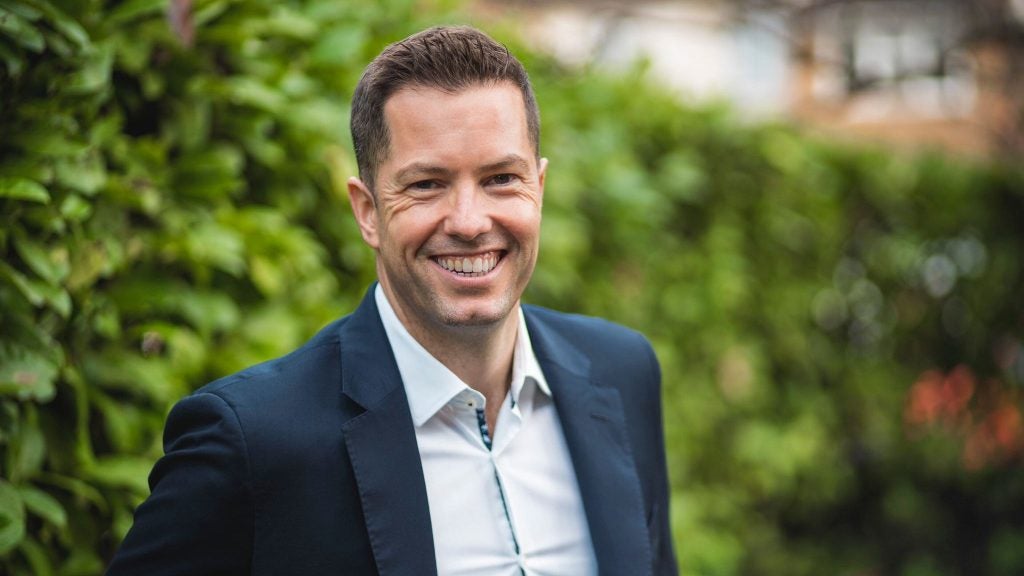
Star Wars: The Last Jedi might be the most anticipated movie of the year, but the franchise as a whole looks like it’s on shaky ground.
Last week it was confirmed that Jurassic World director Colin Trevorrow will no long be at the helm of Star Wars: Episode IX. In a statement released on StarWars.com, Lucasfilm claimed the decision was mutual:
“Lucasfilm and Colin Trevorrow have mutually chosen to part ways on Star Wars: Episode IX. Colin has been a wonderful collaborator throughout the development process but we have all come to the conclusion that our visions for the project differ. We wish Colin the best and will be sharing more information about the film soon.”
The film was due for release on 24th May 2019, so now Lucasfilm and its Disney overlords had less than two years to find a new director and shoot the film. Trevorrow and his writing partner Derek Connolly were also writing the film, so Lucasfilm may had have to start totally from scratch with it all.

Rumours of Trevorrow’s departure from the modern Star Wars trilogy’s finale were rumoured early this summer. The director’s latest film, The Book Of Henry, was released to some truly terrible reviews. The Guardian‘s Peter Bradshaw said the following:
How well do you really know your competitors?
Access the most comprehensive Company Profiles on the market, powered by GlobalData. Save hours of research. Gain competitive edge.

Thank you!
Your download email will arrive shortly
Not ready to buy yet? Download a free sample
We are confident about the unique quality of our Company Profiles. However, we want you to make the most beneficial decision for your business, so we offer a free sample that you can download by submitting the below form
By GlobalData“In its pure misjudged ickiness, bad-acting ropiness, and its quirksy, smirksy passive-aggressive tweeness, this insidiously terrible film could hardly get any more skin-crawling.”
The Book Of Henry currently holds a 22% approval rating on Rotten Tomatoes.
Perhaps Trevorrow’s departure shouldn’t be such a surprise. In August, Lucasfilm brought Jack Thorne, writer of Harry Potter And The Cursed Child, This Is England, Skins, and the upcoming Julia Roberts-starring Wonder to join the writing team alongside Trevorrow.
So why did Trevorrow leave? Well, according to the Hollywood Reporter, script issues are the problem. According to their sources:
“Script issues have continued to be a sore spot throughout Episode IX’s development, with Trevorrow having repeated stabs at multiple drafts…
“Sources say that the working relationship between Trevorrow and Lucasfilm head Kathleen Kennedy became unmanageable. Kennedy, who had already been through one director firing/replacement on the Han Solo spinoff movie, was not eager for a sequel and tried to avoid this decision.”
Awkward.
Today Lucasfilm confirmed J.J Abrams who directed Star Wars: The Force Awakens and is executive producing episodes 7, 8 and 9 will helm the film.
The other recent director disaster in the Star Wars franchise:
Sadly, this isn’t the first time in recent years that Star Wars has suffered disasters with its directors. The most high-profile recent example is the still-untitled Star Wars anthology film about a young Han Solo.

Lucasfilm announced early on that Chris Miller and Phil Lord would be directing. The duo are famous for their films Cloudy With A Chance Of Meatballs, The LEGO Movie, and 21 Jump Street.
However, it wasn’t long before the duo ran into troubles. Sources speaking to the Hollywood Reporter claimed that fundamentally different film-making styles began to cause conflict. The duo were said to rely on an improvisational style which frustrated their crew who wanted more decisive leadership. Heads of department in the production began to complain. This improvisational approach also applied to the actors. That caused issues with the film’s screenwriter Lawrence Kasdan. Kasdan is seen as a guardian of the Star Wars franchise after co-writing The Empire Strikes Back, Return of the Jedi and The Force Awakens.
It’s said that Kasdan demanded Lord and Miller stuck to his script, while they were unhappy with his interference. In addition, it’s said an acting coach was brought in to work with the film’s star Alden Ehrenreich since the directors weren’t getting the best out of him.
Eventually the tensions came to an impasse and Kathleen Kennedy, head of Lucasfilm fired Lord and Miller. They were swiftly replaced with Ron Howard, the director of acclaimed films such as The Da Vinci Code, Frost/Nixon, and Made In America. Howard is in charge of finishing the filming, any reshoots, and editing the final article together.
And another one:
Unfortunately, this can’t even be considered the first time the recent Star Wars films have suffered directorial issues.
The critically-acclaimed Rogue One: A Star Wars Story also had its fair share of mishaps. Apparently at one stage screenwriter Tony Gilroy was brought in to assist director Gareth Edwards. In fact, rumour has it the film was a bit of a mess to begin with and required extensive reshoots.
In addition, a third Star Wars anthology series movie, supposedly based on the character Boba Fett was in the works. The director on that production was Josh Trank who shot to fame on the back of Chronicle, his directorial debut. However, after Trank’s critically-panned Fantastic Four film, Kathleen Kennedy dropped him from the project before he could shoot anything. Instead, Stephen Daldry, director of Billy Elliot, The Reader, and The Crown has been brought in instead.

The theme here is that experienced filmmakers are being brought into the franchise, picking up the slack from junior directors.
Why does this keep happening?
Part of the blame can probably be laid at the president of Lucasfilm’s door. Kathleen Kennedy has stated many times that her aim is work with fresh, young, relatively untested directors. In an interview with Hollywood Reporter she said:
“If all you’re doing is playing it safe — trying to make the same movie over and over again — that’s when the audiences say, “Oh, this is just a moneymaking machine.” But if it’s genuinely in service to the art form, then the franchise concept is being used in a way that’s exciting.”
Since she said that three of the directors she’s hired have been removed from Star Wars. One was side-lined and assisted by more experienced hands. Only J.J Abrams and Rian Johnson finished their films without interference. Even then, Abrams was hardly fresh when he took on The Force Awakens. And, in fact, his film bore a pretty obvious resemblance to the franchise that had gone before it.
Or if Lucasfilm would leave the directors alone, perhaps they’d see better results. The Star Wars films are guaranteed money-makers at this point. Directors should be able to afford to experiment a little.
Ultimately, Lucasfilm needs to make a decision. Does it want to keep the Star Wars franchise the same as it has always been? Or does it want to refresh the series with new stories and new perspectives? At the moment, it seems Lucasfilm is trying to have its cake and eat it and it clearly isn’t working.








